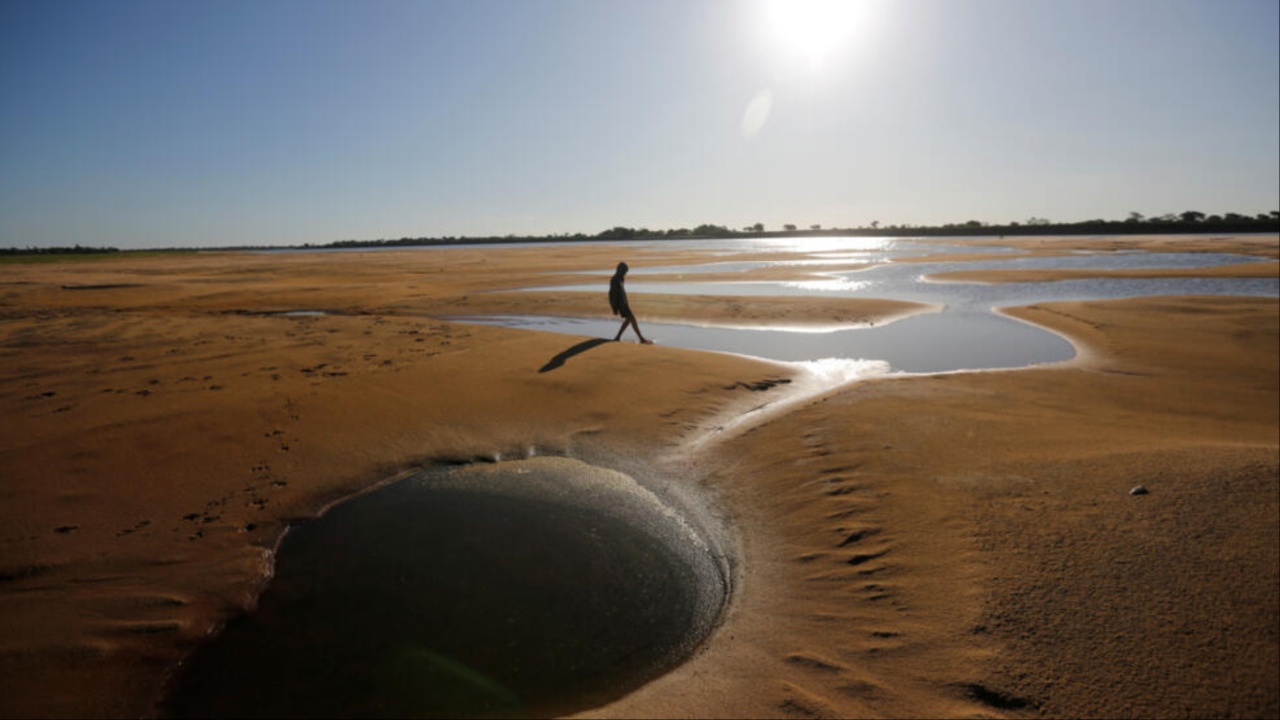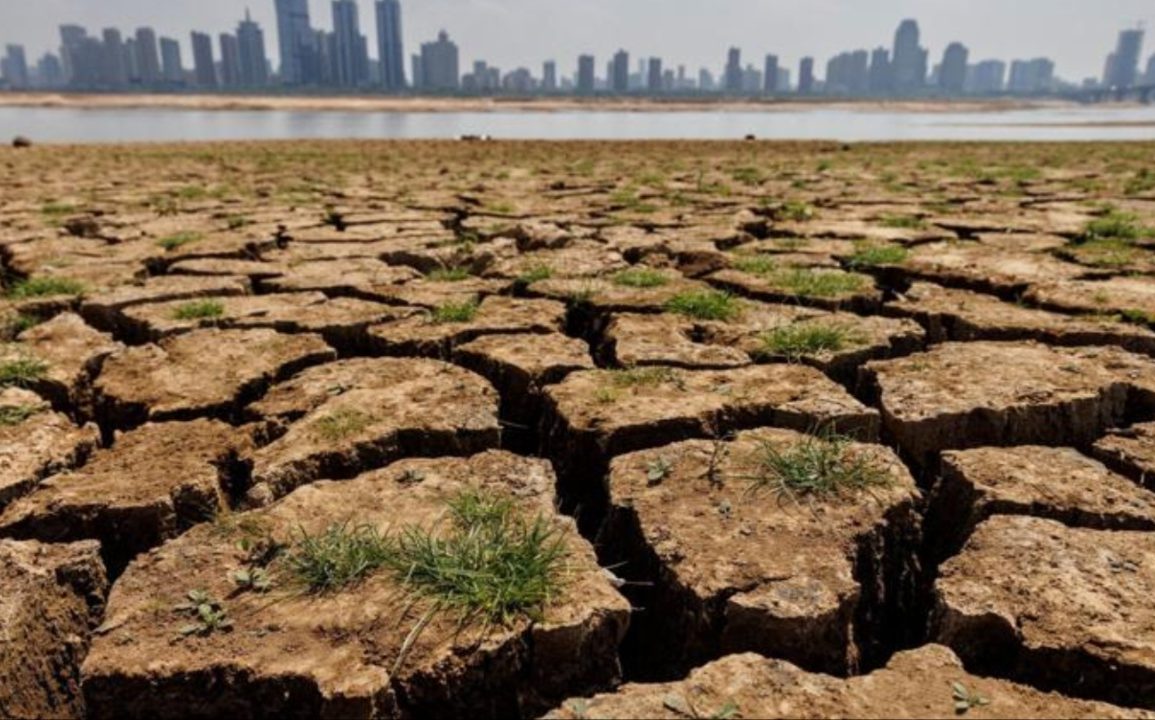A new report from the Global Commission on the Economics of Water highlights that humanity has disrupted the global water cycle for the first time in history, sparking a growing water crisis that threatens global economies, food production, and human lives. This disruption, driven by decades of land misuse, poor water management, and climate change, has placed unprecedented stress on water systems.
The water cycle, which involves the movement of water through evaporation, condensation, and precipitation, is now unbalanced, exacerbating problems like water scarcity and the depletion of vital resources.
The consequences of this water cycle disruption are already severe, affecting nearly 3 billion people who face water shortages. Agriculture is suffering, with crops failing due to insufficient water, and cities are sinking as groundwater supplies are depleted.
If the crisis remains unaddressed, it could reduce global food production by over 50% and shrink the GDP of nations by up to 8% by 2050, with low-income countries facing even greater economic damage. The report emphasizes that the problem is critical and requires immediate global action to mitigate these devastating impacts.
One key finding of the report is the distinction between “blue water” (water in lakes, rivers, and aquifers) and “green water” (moisture stored in soil and plants). Green water, though often overlooked, plays a crucial role in maintaining the water cycle, as it is responsible for half of the rainfall over land.

The report also underscores the link between water cycle disruptions and climate change. As natural landscapes that store carbon are destroyed, global warming accelerates, which in turn dries out land, depletes moisture, and increases the risk of wildfires.
The urgency of the crisis is heightened by the immense water needs of humanity. According to the report, each person requires about 4,000 liters of water per day to live a dignified life, far exceeding the 50-100 liters needed for basic survival. However, most regions will struggle to meet this demand from local water sources, exacerbating the crisis.
Scientists, like climate expert Richard Allan, stress that human activities have intensified extreme weather patterns and disrupted global water cycles, making it critical to implement better resource management and reduce climate pollution.
Finally, the report calls for governments worldwide to treat the global water cycle as a “common good,” requiring cooperative action. Water resources, including atmospheric moisture, cross borders, meaning that actions taken in one country can impact water availability elsewhere.
The commission recommends reevaluating how water is priced and used, discouraging waste and the cultivation of water-intensive crops in drought-prone areas. Despite the severity of the water crisis, the report frames it as an opportunity to rethink water economics and recognize the true value of this essential resource.

